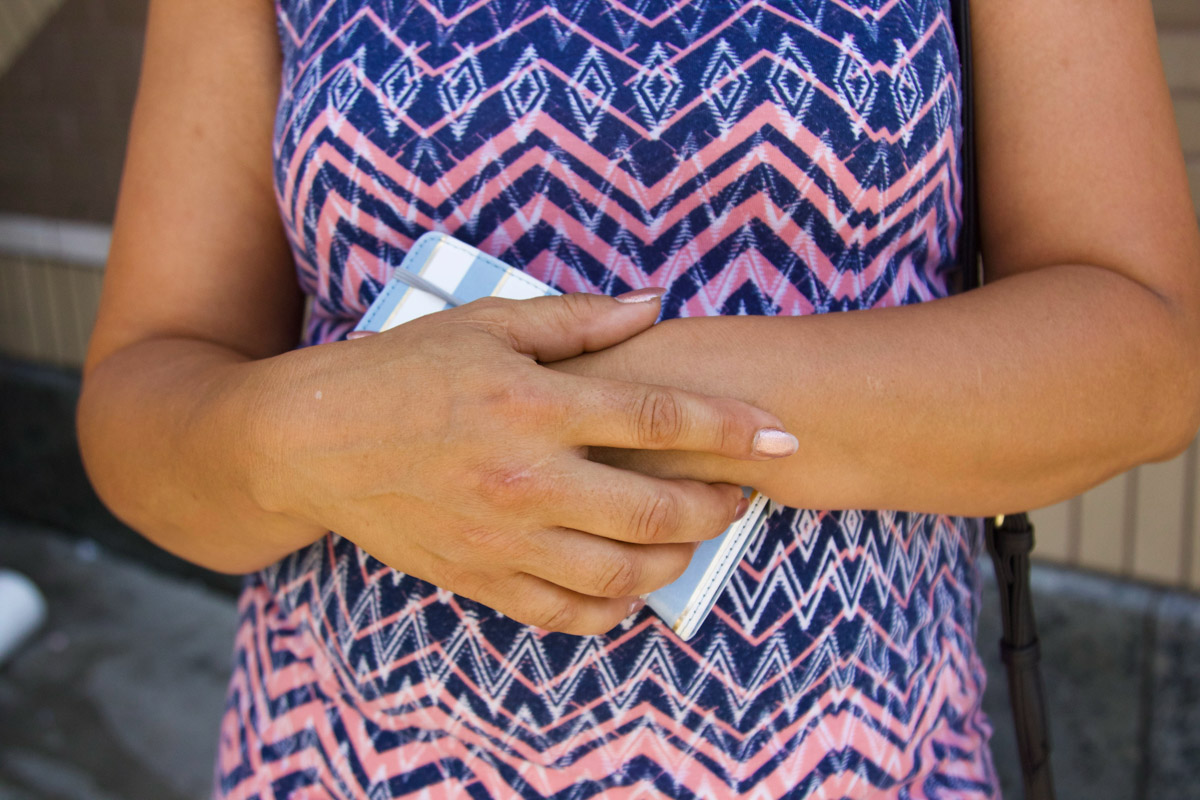
In May, Gov. Tom Wolf’s administration reopened applications for the Low-Income Home Energy Assistance Recovery Crisis Program (LIHEAP) to alleviate utility costs for Pennsylvanians affected by the pandemic.
Starting in March, PECO suspended new late payment fees and service disconnections until further notice. The energy company began restoring service to disconnected households impacted by the coronavirus pandemic and is providing PECO customers with information on available resources that could financially assist them, such as LIHEAP Recovery Crisis Program.
Low-Income Home Energy Assistance’s Recovery Crisis Program
To help Pennsylvanians navigate the financial impact of COVID-19, $34.9 million in LIHEAP funds were received through the federal CARES (The Coronavirus Aid, Relief, and Economic Stimulus) Act. These funds, and funds remaining from the 2019-20 LIHEAP season, will be used by the Pennsylvania Department of Human Services (DHS) to fund the program.
By providing assistance for home energy bills, LIHEAP helps ensure energy service continuity for low-income Pennsylvanians. According to DHS, households that were financially impacted by the pandemic may be eligible for up to a maximum of $800 through LIHEAP’s Recovery Crisis Program, including those that have exhausted the previous maximum benefit of $600.
Households that received LIHEAP funds during the 2019-20 season are also eligible for a supplemental benefit and will automatically receive a one-time payment of $100. No application is needed for this benefit and it will be issued automatically. Households that receive this supplemental payment will be notified by mail.
Crisis Application
The LIHEAP Recovery Crisis Program started accepting applications on May 18, 2020 and will continue to accept applications through Aug. 31, 2020, or until the funds are exhausted.
Assistance is available for both renters and homeowners, according to a press release from DHS. Although the application asks for social security numbers, they are not required and are voluntary to provide.
Households must meet certain eligibility requirements, including:
- Be responsible for paying their primary or secondary heating source
- Have a total household income at or below 150% of the Federal Poverty Income Guidelines
- Have a past due bill of at least $75
- Have their main or secondary energy source completely shut off
- Have their utility company confirm that their account balance would result in a termination if the statewide moratorium on suspending service disconnections was not in place
Applicants must also submit past due balances as proof of eligibility.
Normally, a shut-off letter is needed to prove a household is in crisis with its electrical or natural gas provider. However, since utility terminations are prohibited while the governor’s coronavirus disaster declaration is in effect, DHS will accept a past due balance if the amount would result in a shut-off letter if the moratorium were not in effect.
To qualify for the program, your total income must fall within a certain limit, which varies by household. For instance, a household of one person can earn no more than $18,735 a year and no more than $1,591 a month.
You can view the program’s household income limits by looking at a table on PECO’s website, here.
A needed resource for low-income communities

LIHEAP’s Crisis Recovery Program has long assisted low-income communities in Pennsylvania. Verlonda Bagnall, a Kensington resident, has been receiving assistance from LIHEAP for more than 10 years.
“This is a very important program for the simple fact that a lot of people in the community, especially right now, do not have an income and electricity can be very high,” Bagnall said.
Mayra Claudio, who is also a Kensington resident, has received assistance from LIHEAP on multiple occasions, which has helped her make ends meet, she said.

“Till this day they have never failed me and anytime I have a problem, they resolve it for me,” Claudio said. “To me, they’re perfect.”
How to Apply
Applications will be accepted on the COMPASS website or by paper, available English or in Spanish. Residents with questions can call PECO’s LIHEAP Hotline at 1-800-34-HELP-4 (1-800-344-3574).
Residents may also request a paper application via mail by calling 1-877-395-8930. Paper applications can be submitted and mailed to a local County Assistance Office.
Once an application is submitted, eligibility will be reviewed by DHS staff. If an applicant is determined to be eligible, a one-time payment will be sent to the vendor they owe and the applicant will receive notice of the payment by mail.
Please email any questions or concerns about this story to: [email protected].


Be the first to comment